Is there anybody nowadays who disagrees that the current economic model has failed us miserably?An economic model that works only for the benefit of the few, that forces more than 90% of the global population to struggle daily in order to maintain and strengthen it, is surely a mad one. Nevertheless, this model has managed to ensure that those same people who are oppressed by it, defend it, vote for it and fear its demise.
A system that uses dishonest financial practices, bleeds people dry and mistreats workers in order to survive is not a healthy system. That is enough negativity.
The good news is that there is an alternative, we have a solution, and a more human and fairer system is possible. Initiatives such as NESI are working hard to build a new economic model.
The latest financial crisis has differed from previous ones. Thanks to advances in technology, we have been more aware of what is happening, regardless of whether the powers that be want us to know. Having access to multiple accounts of what is going on, analysing data and drawing our own conclusions, have proved that we are no longer so easily manipulated by those who pull the strings of the global economy. We have been pushed to react, and come up with the Economy for the Common Good model and a global forum for debating the New Economy and Social Innovation.
In this regard, if there is one industry that could drive significant economic change on a global scale, and which reaches all corners of the planet, it is the textile industry. This industry involves different sectors of the economy, and is currently far from being an example of good practice.
Indeed, the textile industry is the second most polluting after oil, and one where the transparency and traceability of its work processes and practices are seriously lacking.
Pollution, child labour, exhausting working hours, pitiful wages and slavery are all common features of the clothes we wear. Fortunately, something which has come to be known as sustainable fashion exists, and is working to build an industry that is more transparent, closer to people, less polluting, and where clothing is becoming a powerful engine for change.
What is sustainable fashion doing for a new economy?
Firstly, we simply cannot continue to produce or consume in the way we have been doing because our world is suffering the consequences. Sustainable fashion calls for a change of pace, not prioritising trends or seasons, but instead placing nature and people in the foreground. It allows us to dress in a way that reflects our feelings and allows us to express ourselves
Our fashion aims to minimise environmental impact by using organic fabrics, reusing and recycling materials, or giving new life to second-hand clothes with techniques such as Upcycling. It also seeks to ensure decent working conditions for all those who are involved in the production chain, defending local production which restores jobs. This then also reduces the carbon footprint of the final product as the distance between production and consumption is minimised. Sustainable fashion means reinventing the way we dress and making it more meaningful.
To achieve our goal, we also have to be innovative and look for new fabrics that are more ecological and friendly to our planet. Hemp, bamboo, milk fibre and pineapple are some of the new fabrics and materials used in our fashion, demonstrating that it is possible to combat environmental deterioration, and that the ways to do this can be surprising. Being innovative is not only necessary when it comes to the raw materials we use, but also for finding new, sustainable ways of marketing, communicating about and selling the final products.
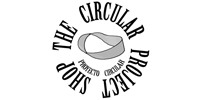 The Circular Project Shop is the first place in Madrid specialising in sustainable fashion. After two years of opening its doors every day, I can say that it is no longer just about providing products that are environmentally-friendly and fair trade. Sustainable fashion requires taking a holistic approach, and forces us to abandon conventional marketing and communication methods. We need to get closer to consumers, behaving in the honest manner that the society we want and the economy we seek require of us.
The Circular Project Shop is the first place in Madrid specialising in sustainable fashion. After two years of opening its doors every day, I can say that it is no longer just about providing products that are environmentally-friendly and fair trade. Sustainable fashion requires taking a holistic approach, and forces us to abandon conventional marketing and communication methods. We need to get closer to consumers, behaving in the honest manner that the society we want and the economy we seek require of us.
Sustainable fashion constitutes an exciting challenge, holding us to account for the way of living we wish to preserve.
What are you waiting for? Let It Slow!
Paloma G. López – Founder and CEO of The Circular Project Shop
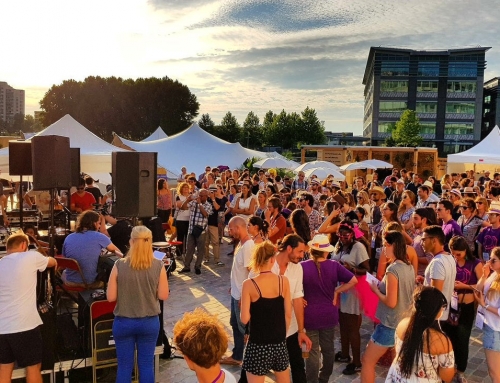
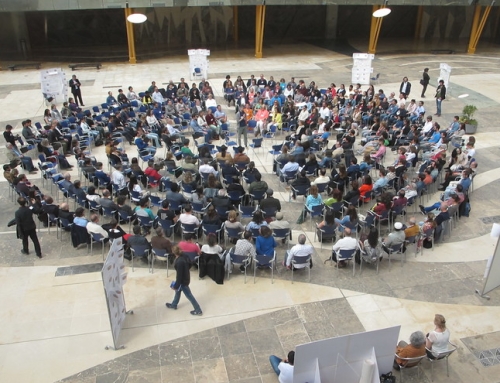
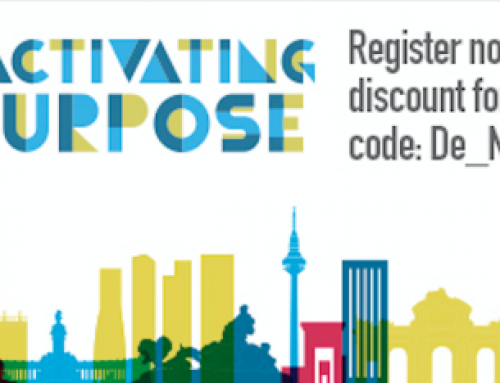
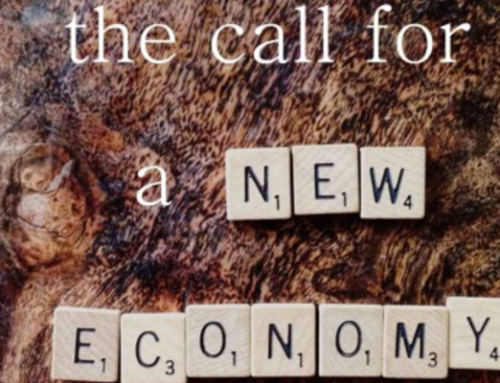

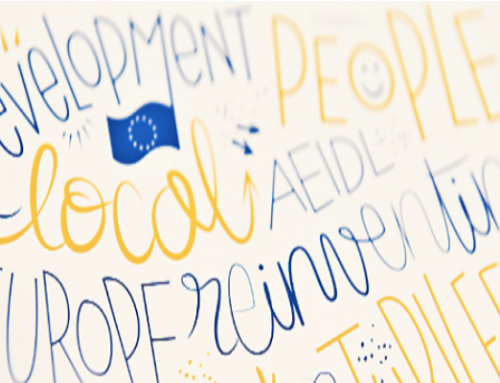
Leave A Comment